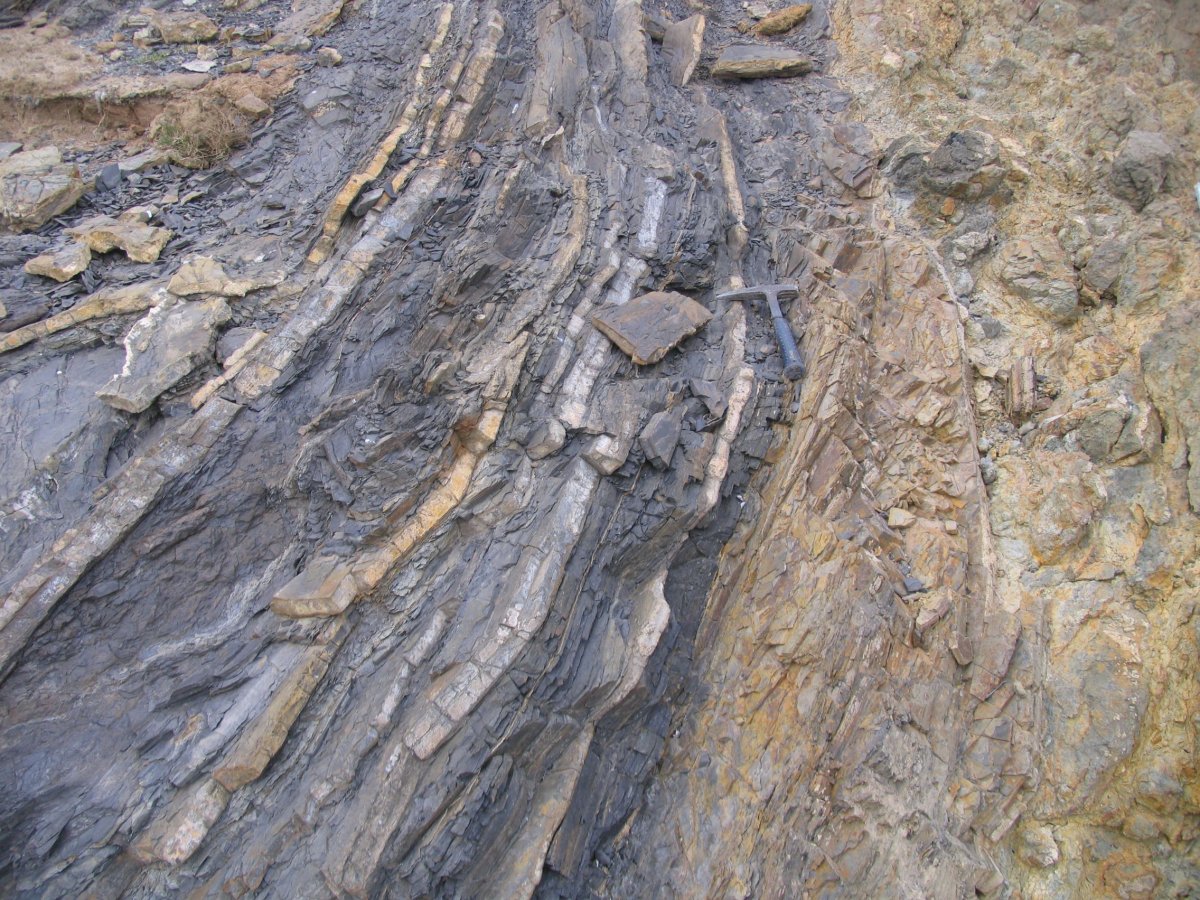About 252 million years ago, most life on Earth disappeared in the blink of an eye—potentially in as little as just 3,000 years—scientists have discovered.
The mass extinction—known as the Great Dying—was the worst in Earth's history, wiping out around 90 percent of the planet's species, yet our understanding about how it happened and how long it took is hazy. Causes include a huge impact event or events, a sudden release of methane from the seafloor and a period of intense volcanism.
The latter of these has recently gained popularity. Last month scientists found a million year-long volcanic eruption along the Siberian Trapps may have caused changes to the atmosphere and ozone layer that meant life could not survive.
In a study published in the Geological Society of America Bulletin, researchers have now managed to narrow down the timescale for the Great Dying, finding most life went extinct within a 31,000 year window. And Shen Shuzhong, lead author of the paper, told Newsweek that 31,000 is the upper limit of the extinction—the actual period was probably closer to 3,000 years.
What's more, they were able to find that this period coincided with a single volcanic event that would have made Earth a very difficult place to live—heavy metals polluted the atmosphere, the ocean was starved of oxygen and acid rain poured down.
Researchers focused their attention on a region of South China. They carried out radiometric dating of volcanic material in closely spaced layers, a process which allows scientists to work out when an event took place. But after 252 million years these layers are generally quite condensed and difficult to analyze.
In the study, the team looked at the Penglaitan sediments, which accumulated 100 times faster than other comparable beds. This means the sediment is much thicker, so can be looked at in more detail.

Within the sediments, they found 66 species in one section. Their analysis showed that 29 of these had disappeared in an extremely short space of time. Essentially, the scientists found that a range of species existed, and then they didn't, and that this shift happened over a time scale no longer than 31,000 years.
The authors say that sustained eruptions at the Siberian Trapps 420,000 years before the extinction probably put Earth in an extremely fragile state. One major eruption then caused a complete collapse of the planet's ecosystems and the mass extinction ensued.
Shuzhong, from the Chinese Academy of Sciences, said the discovery that the mass extinction was near instantaneous, geologically speaking, came as a big surprise. "The extinction is really much, much faster than ever before. It is consistent with a single volcanic event and was probably no longer than 3,000 years."
The severity of the event in the region of South China studied was also unexpected. Normally, you would see some species surviving through the event into the Triassic period—a group called survival taxa.
"But nearly no Permian species survived into Triassic in this section, which means in some environmental setting the extinction could eliminate nearly all the species in the Permian ecosystem," Shuzhong said.
Uncommon Knowledge
Newsweek is committed to challenging conventional wisdom and finding connections in the search for common ground.
Newsweek is committed to challenging conventional wisdom and finding connections in the search for common ground.
About the writer
Hannah Osborne is Nesweek's Science Editor, based in London, UK. Hannah joined Newsweek in 2017 from IBTimes UK. She is ... Read more
To read how Newsweek uses AI as a newsroom tool, Click here.








